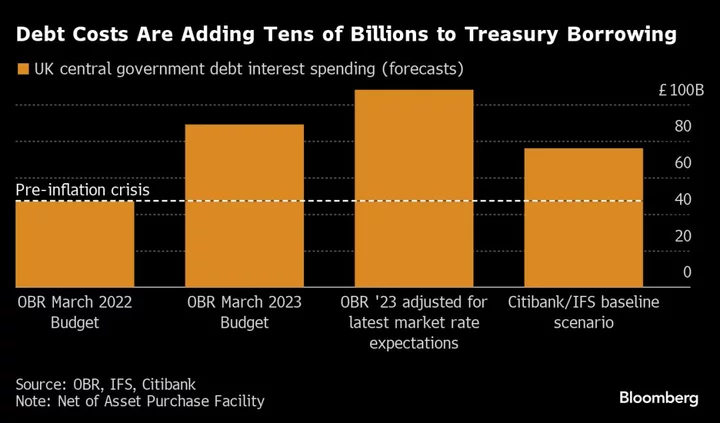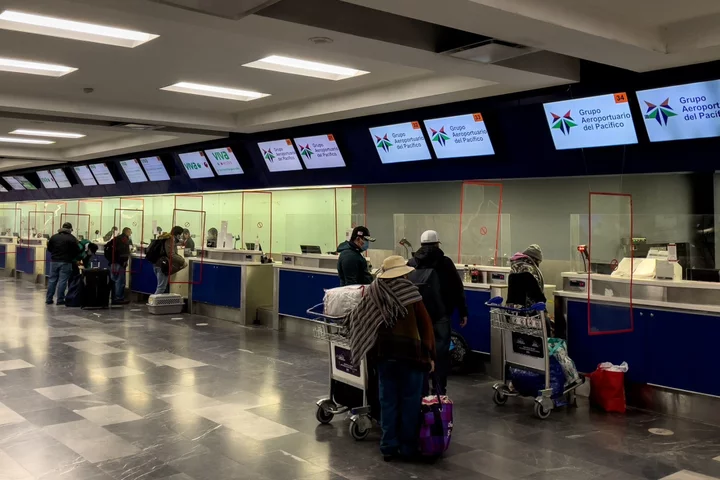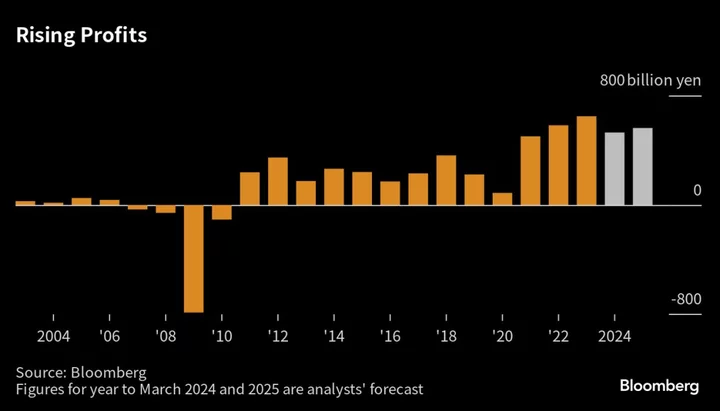Israeli businesses are beginning to get back to work following the shock of the Oct. 7 attack by Hamas and the subsequent war in Gaza.
Whereas two weeks into the war, more than a third of businesses hadn’t started up again, as of a week ago, it was just over a fifth, a survey released on Sunday by Israel’s Central Bureau of Statistics shows.
Still, the economy is far from firing on all cylinders. Two-fifths of businesses in the south, where infrastructure was damaged and communities evacuated, are still effectively closed, and more than a third of construction outfits are struggling to staff their sites as many of their employees come from the West Bank. Palestinians from there have been barred from traveling into Israel since the conflict began.
Hardest hit have been small businesses. There’s been a 21% fall in weekly credit card purchases from the pre-war average in 2023 and a shortage of staff caused by the unprecedented call up of 300,000 reservists, or 8% of the work force, to the military. The survey represents businesses that employ almost half of Israel’s labor force.
Hi-tech businesses are among the least affected, with only 9% expecting a more than 50% fall in revenue this month and just 19% of financial institutions expecting the same. Health, culture and leisure firms do not expect to see an improvement in their revenue in November compared with October.
Nevertheless, the economy has been hit hard. The war is costing about $270 million a day and may cost 180 billion shekels ($48 billion) in the 2023 and 2024 financial years, according to finance ministry estimates. An index published by the central bank to show the direction of the economy, the Composite State of The Economy Index, declined by 1.1% in October, the biggest drop since the 2.8% fall in April 2020 due to Covid-19.









